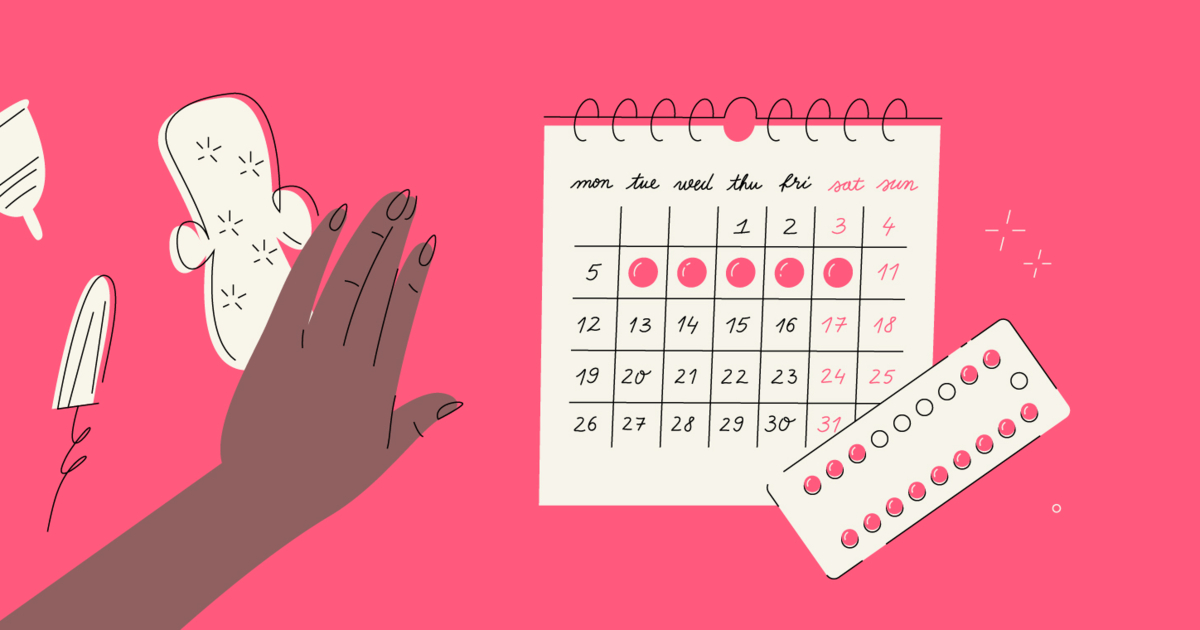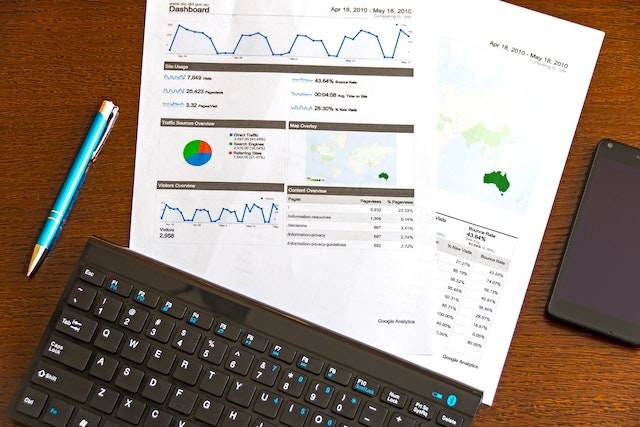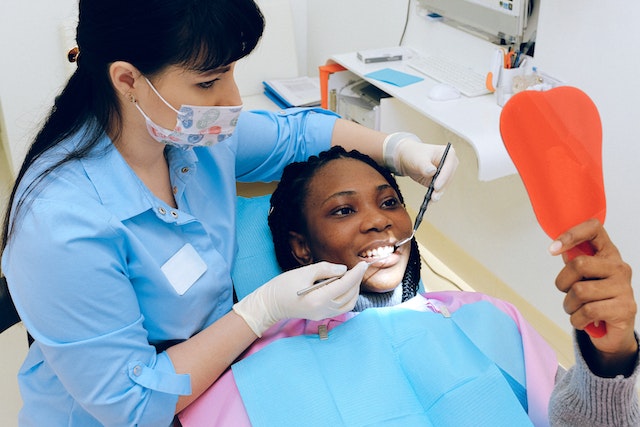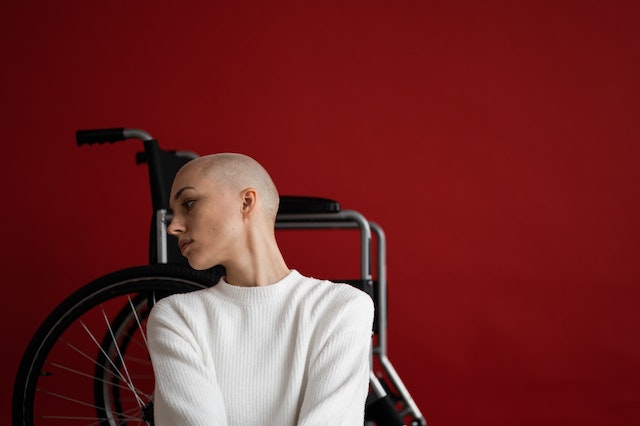As a woman, it’s important to know your body and be aware of the signs that your period is coming. While every woman’s experience is different, there are a number of common signs that can indicate that your period is on its way.
In this blog post, we’ll explore 7 of these signs and what they mean.
1. Cramps:
Many women experience mild to moderate cramps in their lower abdomen or back in the days leading up to their period. These cramps are caused by the uterus contracting in preparation for shedding its lining. Over-the-counter pain relievers like ibuprofen can help ease the discomfort.
2. Mood Swings:
Changes in hormone levels can affect your mood and make you more emotional or irritable than usual. This is due to fluctuations in estrogen and progesterone levels. Taking steps to manage stress and getting enough sleep can help alleviate these symptoms.
3. Acne Breakouts:
Hormonal changes can also cause an increase in oil production, which can lead to breakouts on your face or body. To keep your skin looking its best, be sure to wash your face regularly with a gentle cleanser and avoid touching your face with your hands.
4. Breast Tenderness:
Some women experience breast tenderness or swelling before their period starts. This is due to hormonal changes and can be managed with a supportive bra and pain relievers if needed.
5. Bloating:
Water retention and gas can cause bloating in the days leading up to your period. To reduce bloating, try to limit your intake of salt and processed foods, and stay hydrated by drinking plenty of water.
6. Fatigue:
Changes in hormone levels can also make you feel more tired or lethargic than usual. To combat fatigue, try to get plenty of rest and exercise regularly.
7. Changes in Vaginal Discharge:
You may notice changes in the amount or texture of your vaginal discharge in the days leading up to your period. This is normal and is caused by hormonal changes. Be sure to wear a panty liner if needed to stay comfortable and clean.
In Conclusion
knowing the signs that your period is coming can help you prepare and manage any discomfort you may experience. By taking care of yourself and listening to your body, you can make your period as comfortable and stress-free as possible.
FAQ on Signs Your Period Is Coming
Q: What are some signs that my period is coming soon?
A: There are several signs that can indicate that your period is on its way. Some of the most common signs include:
- Cramps in your lower abdomen or back
- Mood swings, such as feeling more emotional or irritable than usual
- Acne breakouts due to hormonal changes
- Breast tenderness or swelling
- Bloating or water retention
- Fatigue or feeling more tired than usual
- Changes in vaginal discharge, such as an increase in amount or a change in texture
Q: How long before my period starts will I experience these signs?
A: The timing of these signs can vary from woman to woman, but they usually start a few days before your period is due. Some women may experience these signs as much as a week or two before their period, while others may only notice them a day or two before.
Q: Are these signs always present before every period?
A: No, not every woman experiences all of these signs before every period. Some women may experience only one or two signs, while others may experience several. Additionally, some women may not experience any signs at all before their period.
Q: Can I do anything to manage these symptoms?
A: Yes, there are several things you can do to manage these symptoms and make your period more comfortable. For example:
- Taking over-the-counter pain relievers like ibuprofen can help ease cramps and breast tenderness.
- Eating a healthy, balanced diet and staying hydrated can help reduce bloating and fatigue.
- Getting enough rest and exercise can also help combat fatigue and boost your mood.
- Wearing a panty liner or menstrual cup can help manage changes in vaginal discharge.
Q: When should I be concerned about these symptoms?
A: If you experience severe or unusual symptoms, such as very heavy bleeding, severe pain, or unusual discharge, you should talk to your healthcare provider. These symptoms could indicate a more serious condition that requires medical attention.














